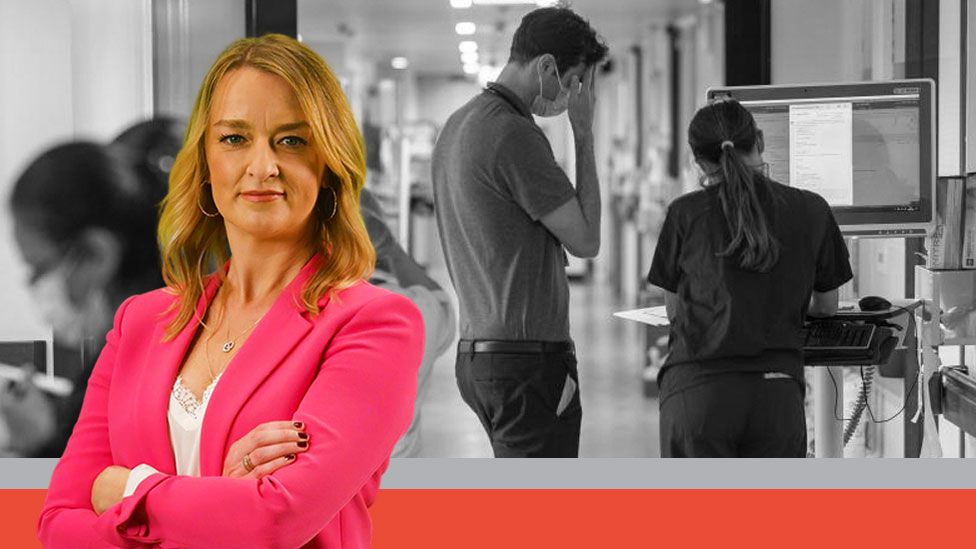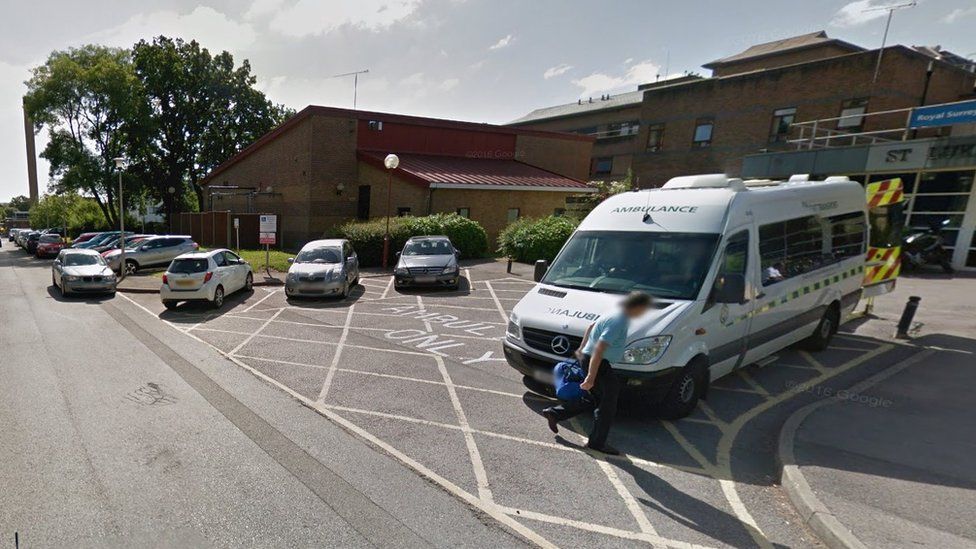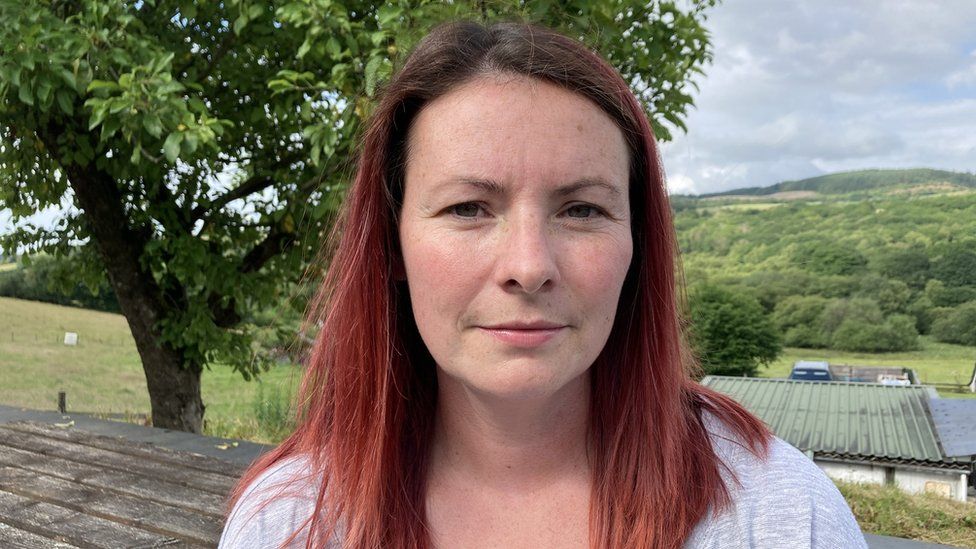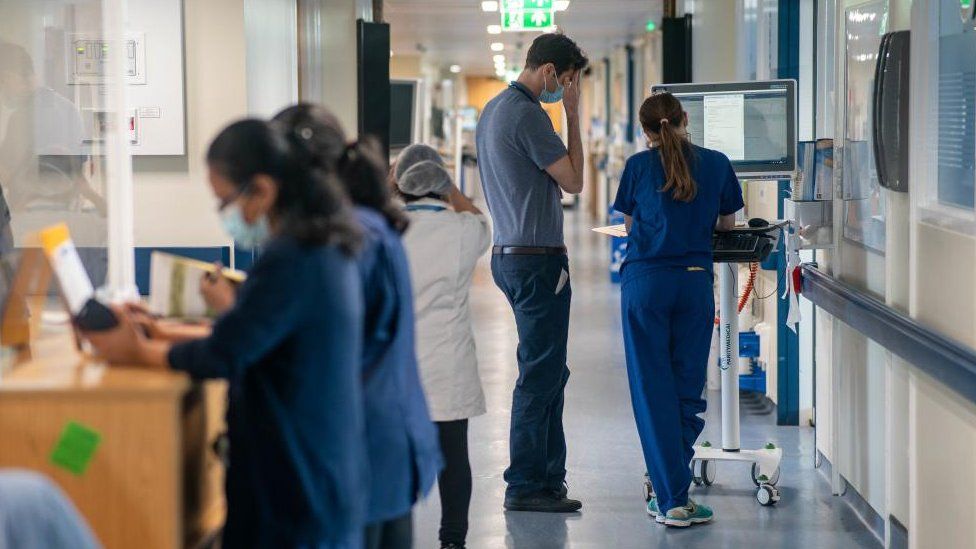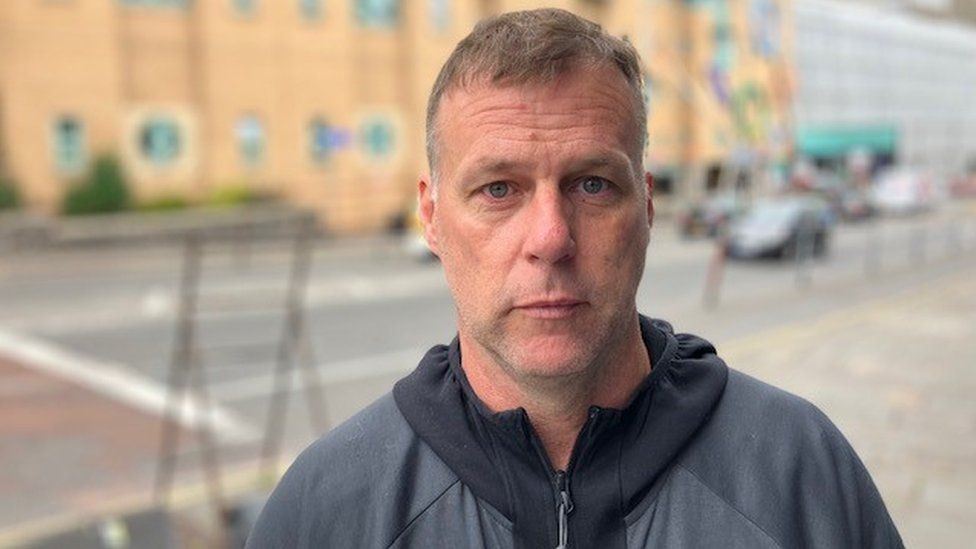The NHS is a love-hate relationship for the British.
The public gave the NHS its lowest rating since records began 40 years ago, according to King's Fund researchers. In 2022, only 29% of people said they were happy with the NHS.
We still adore it, though. A whopping 90% of people concur that the service should be free and open to all.
However, with more than seven million people on waiting lists, almost everyone is aware of someone who is unable to access the care they require.
Politicians are falling over themselves to praise the NHS as it approaches its 75th anniversary.
However, when the cameras aren't rolling, you might hear a very different message. Politicians feel a love-hate relationship with the NHS, just like the rest of us.
"The entire system is paralyzed, and things aren't getting any better; in fact, everything is regressing. That's not the kind of thing you hear a minister say in public, but a former health minister who was speaking in private gave that opinion.
As the need for care outpaces supply, it is claimed that the NHS chief executive has taken on the role of "rationer-in-chief" and is responsible for "spreading the jam more and more thinly.".
The National Health Service is a contradiction, according to another former Conservative minister, because "the leadership is incredibly patchy and outcomes are mixed.".
According to a source for Labour, the future of the service is causing growing "anxiety and jeopardy" and "it really is a case of change or die.".
Although it would be difficult to find a politician who would admit that services are being rationed, the phrase frequently comes up in off-the-record conversations.
One of the former ministers claims that the "trade-off" with the conventional model is that "people have to understand that there is rationing according to wait.".
People are aware of rationing, and when they do, the service is generally satisfactory, but this may not always be the case.
No political flyer or Facebook advertisement will mention health rationing.
The public's attachment to the idea of the NHS, however, is still very strong. Despite all the issues, voters are not in the mood for a discussion about the party's core values before or after the pandemic.
Any meaningful discussion about fundamental change, according to the former government health adviser, is all but impossible.
If they raised the possibility of a radical change, "any sophisticated Tory politician knows they'd sign their own death warrant," they claim.
Recall Prime Minister Rishi Sunak's suggestion to fine patients who miss a doctor's appointment? It was dropped almost immediately.
According to another former official, "It's like your family," when describing the public's deep emotional attachment to the concept of the institution as a whole. I'll whine endlessly about it, but if anyone else from the outside picks on them, I'll put them on toast. To criticize your football team is like saying, "They can naff off!".
Politicians frequently discuss service reforms, whether they involve collaborating with the private sector or this week's workforce plan. But whether it is necessary or not, it is now all but unimaginable for any mainstream politician to advocate for a radical overhaul of the entire system.
Naturally, that affects the actions governments take to try and improve the service, which may not be the best long-term strategy. .
A former official makes the following comment: "Politicians prefer solutions with simple metrics, like reducing waiting lists.
"If you do shorten them, it just results in more operations and doesn't address how to prevent people from getting sick in the first place. " .
Instead of implementing radical reforms in the wake of the pandemic, a former minister claims that "we have gone straight back to the voodoo land of heroic pointless commitments that will never get met because as a country we are so ill.".
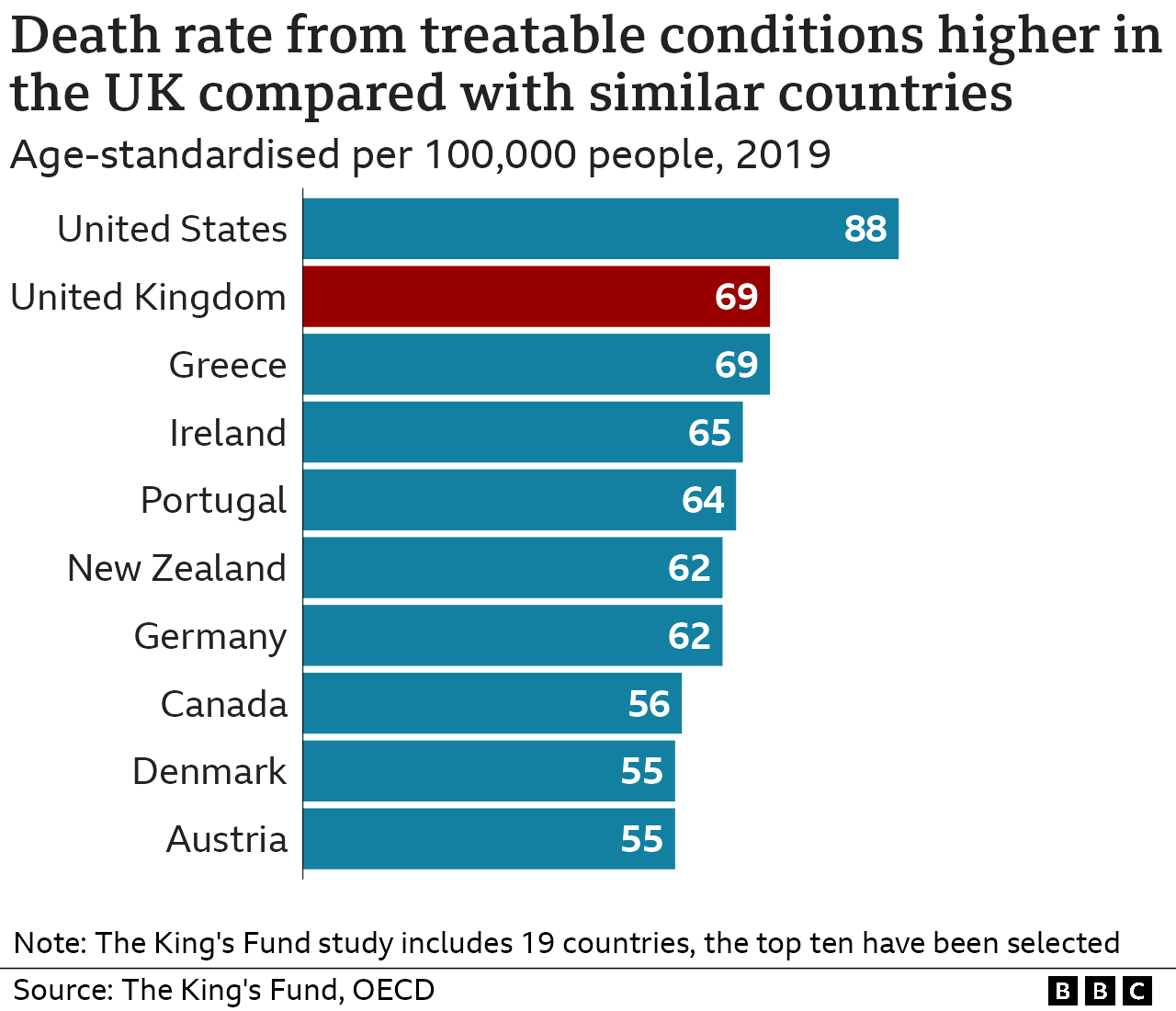
Another theory contends that ministers are actually afraid to inform the public of the growing pressure on healthcare costs. They claim that "the public has irrational expectations of what we can deliver" and that "the government is afraid of that.".
And as we've discussed numerous times both here and on the show, the rest of the health service must bear the expensive costs of a social care system that, for the most part, just doesn't work until governments address the agonizing gaps in care for the elderly and vulnerable.
An ex-minister I spoke to expressed extreme frustration over how difficult it is to have a full discussion about the NHS, claiming that "it's a political problem, not a resources problem.". Simply put, our politicians "don't find the space" to discuss significant reforms. .
According to a former adviser, "people of all stripes are afraid to take it on.".
However, the fact that politicians find it nearly impossible to discuss alternatives is also a testament to the NHS's longevity and the public's faith in it.
While people must wait and results can vary, the former adviser claims that "as a system it is extraordinarily fair and that has to be worth something.".
Both adore and detest it. It most definitely will remain.


